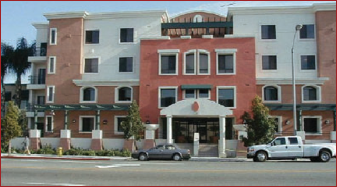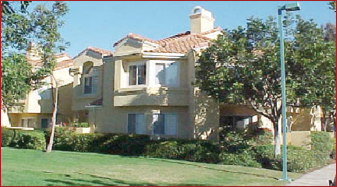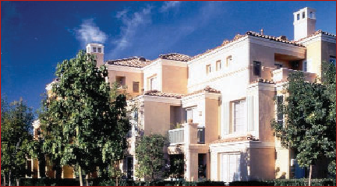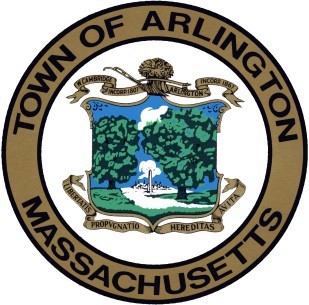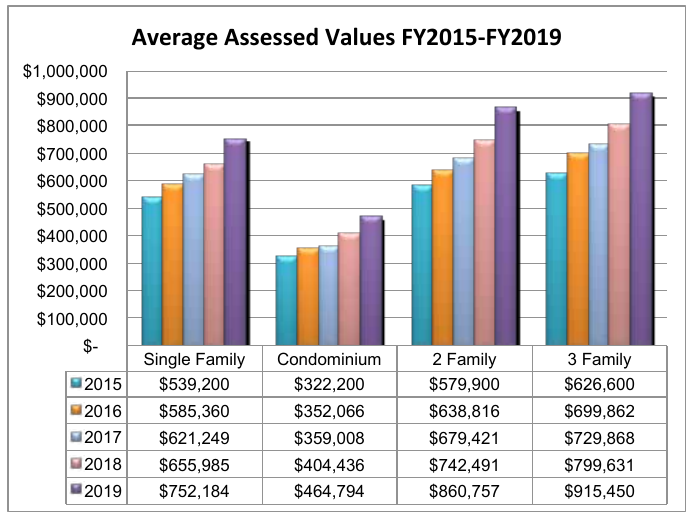Article 16 is a proposal to encourage the production of affordable housing in the town of Arlington. I brought this article to town meeting for several reasons, namely, our increasing cost of housing and our increasing cost of land. Arlington is part of the Metropolitan Boston area; we share borders with Cambridge, Somerville, and Medford, and are a mere 5.5 miles from Boston itself. Years ago, people moved out of cities and into the suburbs. That trend has reversed during the last decade, and people are moving back to urban areas, including Metro-Boston. Metro-Boston is a good source of jobs; people come here to work and want to live nearby. That obviously puts pressure on housing prices, and Arlington is not immune from that pressure.
Another reason for proposing Article 16 was my desire to start a conversation about the role our zoning laws play in the cost of housing, and how they might be used to relieve some of that burden. During the 20th century people discovered that one cannot draw a line on a map and say “upper-class households on this side, lower-class households on that side”, but one can draw a line on a map and say “single-family homes on this side, and apartments on that side”. For all practical purposes, the latter achieves the same result as the former. When zoning places a threshold on the cost of housing, it determines who can and cannot afford to live in a given area.
Today 70% of Arlington’s land is exclusively zoned for single family homes, the predominant form of housing in town. In 2013, the median cost of a single-family home was $472,850; this rose to $618,800 in 2018 — an increase of 31%. We can break this down further. The median building cost for a single-family building rose from $226,300 in 2013 to $248,100 in 2018 (an increase of 9.6%), and the median cost for a single-family lot rose from $243,700 to $360,900 (an increase of 48%). Land is a large component of our housing costs, and it continues to rise. Certain neighborhoods (e.g., Kelwyn Manor) saw substantial increases in land assessments in 2019, enough that the Assessor’s office issued a statement to explain the property tax increases. To that end, multifamily housing is a straightforward way to reduce the land costs associated with housing. Putting two units on a lot instead of one decreases the land cost by 50% for each unit.
Article 16 tries to encourage the production of affordable housing (restricted to 60% of the area median income for rentable units and 70% for owner-occupied units). It works as follows:
- Projects of six or more units must make 15% of those units affordable. This is part of our existing bylaws.
- Projects of twenty or more units must make 20% of those units affordable. This is a new provision in Article 16.
- Projects of six or more units that produce more than the required number of affordable units will be eligible for density bonuses, according to the proposed section 8.2.4(C). Essentially, this allows a developer to build a larger building, in exchange for creating more affordable housing.
- Projects of six or more units that produce only the required number of affordable units are not eligible for the density bonuses contained in 8.2.4(C).
- Projects of 4-5 units will be eligible for the density bonuses in section 8.2.4(C), as long as they are of a use, and in a zone contained in those tables. This provision is intended to permit smaller apartments and townhouses, filling a need for residents who don’t necessarily want (or may not be able to afford) a single-family home. This provision can help reduce land costs by allowing a four-unit townhouse in place of a duplex, for example.
Historically, Arlington has had mixed results with affordable housing production, mainly due to the limited opportunity to build projects of six units or more. It is my hope that the density bonuses allow more of these projects to be built.
In conclusion, the problem of housing affordability in Arlington comes from a variety of pressures, is several years in the making, and will likely take years to address. I see Article 16 as the first step down a long road, and I ask for your support during the 2019 Town Meeting. I’d also ask for your support on articles 6, 7, and 8 which contain minor changes to make Article 16 work properly.

